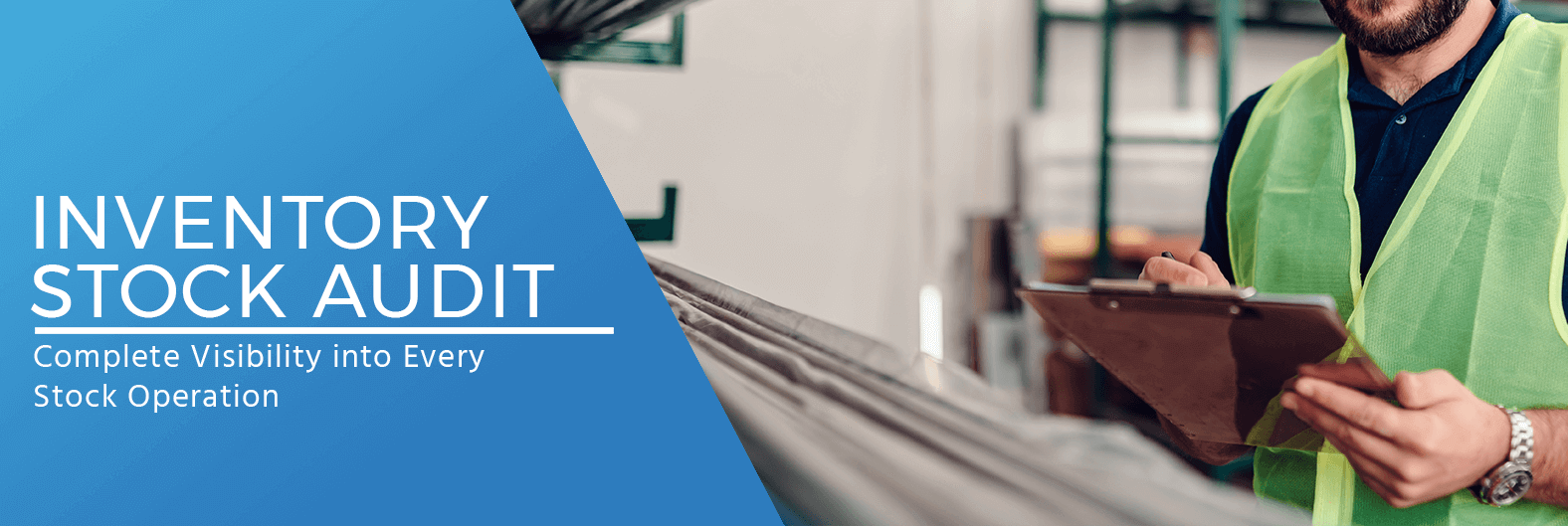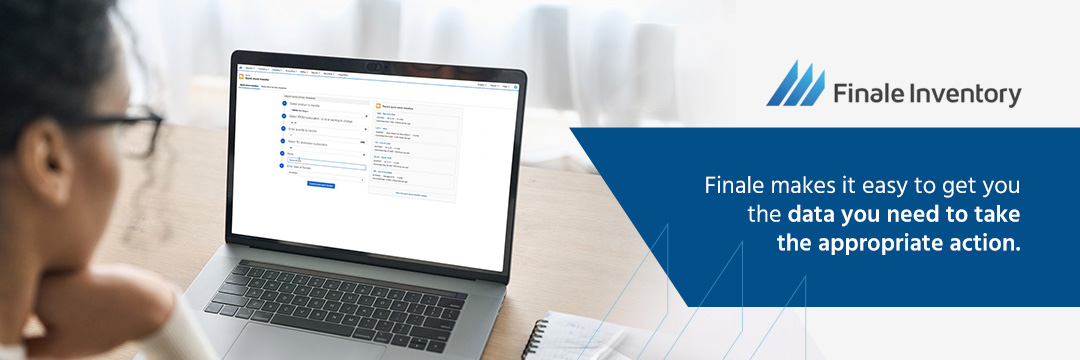Inventory Management Auditing


Inventory Stock Auditing
Inventory audits can be overwhelming, though they're a significant aspect of properly managing your business's inventory. Learn more about how to audit inventory, what the best procedures are and how you can be most prepared for an audit. Finale has extensive stock auditing capabilities by providing stock logs for giving business owners or warehouse managers and giving complete visibility into every stock operation.
Stock auditing is important for inventory management because it helps ensure the accuracy and integrity of a company's inventory records. It involves physically counting and verifying the quantity and condition of items in stock to determine if they match the inventory records. This allows companies to identify and correct any discrepancies, such as errors in record keeping or theft, which can have a significant impact on the financial health of a business. Additionally, regular stock audits can help companies identify patterns and trends in inventory usage, which can inform purchasing and stock management decisions.
Business owners can quickly audit and understand any stock discrepancies with the stock logs. Without Finale's software, it can be arduous to understand WHO DID WHAT when many users are performing various stock operations (such as purchase order shipments and stock transfers.)
Within Finale, every stock operation is tracked by user and timestamp, which allows you to investigate any order or warehouse worker issues easily. The stock logs provide tools for business owners to easily investigate issues if they suspect theft of company property or other malicious activity. Finale makes it easy to get you the data you need to take the appropriate action.
The stock logs allow users to perform more granular searches by users to filter by product id and lot / serial number.
What Is Inventory Audit?
An inventory audit consists of cross-checking your financial records with your inventory records to ensure they match. Some businesses conduct audits internally, while others may have a third party's help. Inventory audits are a crucial step in inventory management because they ensure the physical stock count is accurate and enable you to check your inventory's condition and quality. Audits can also uncover any discrepancies in your records so you can make adjustments and get back on track.
Inventory audits are required at least once a year if your business's goods are considered material. Among other things, auditing helps prevent mistakes or fraudulent behavior and ensures businesses comply with accounting standards.
How to Perform a Stock Audit
Inventory Audit Process
At the most basic level, employees need to go through each item you have in stock and add up the totals of the products you have on hand. Because each business is different, your company could use numerous inventory audit procedures when conducting an audit. Ultimately, you'll want to employ a procedure that makes the most sense for your business. Though far from extensive, consider how you could apply this list of common procedures to your audits.
Physically counting your inventory is the most basic and common auditing process. Physical counts are done so you know what products you have on-site. While most of this procedure is completed manually, it's most efficient to use a barcode scanner to electronically record data as you count.
Trust Finale Inventory for Your Inventory Stock Auditing Needs


Schedule a demo of Finale Inventory to find out how we can help with your inventory stock auditing processes.





